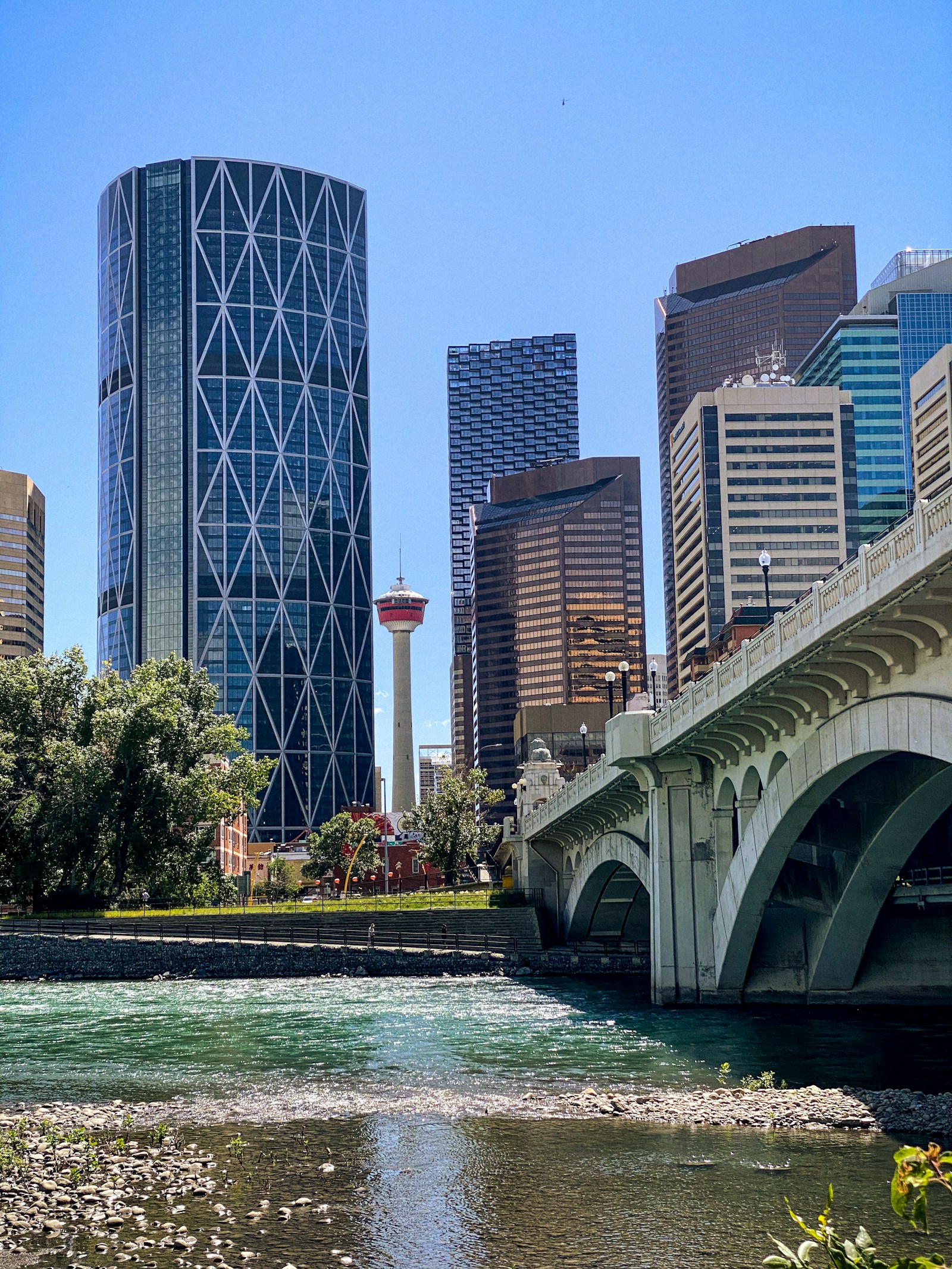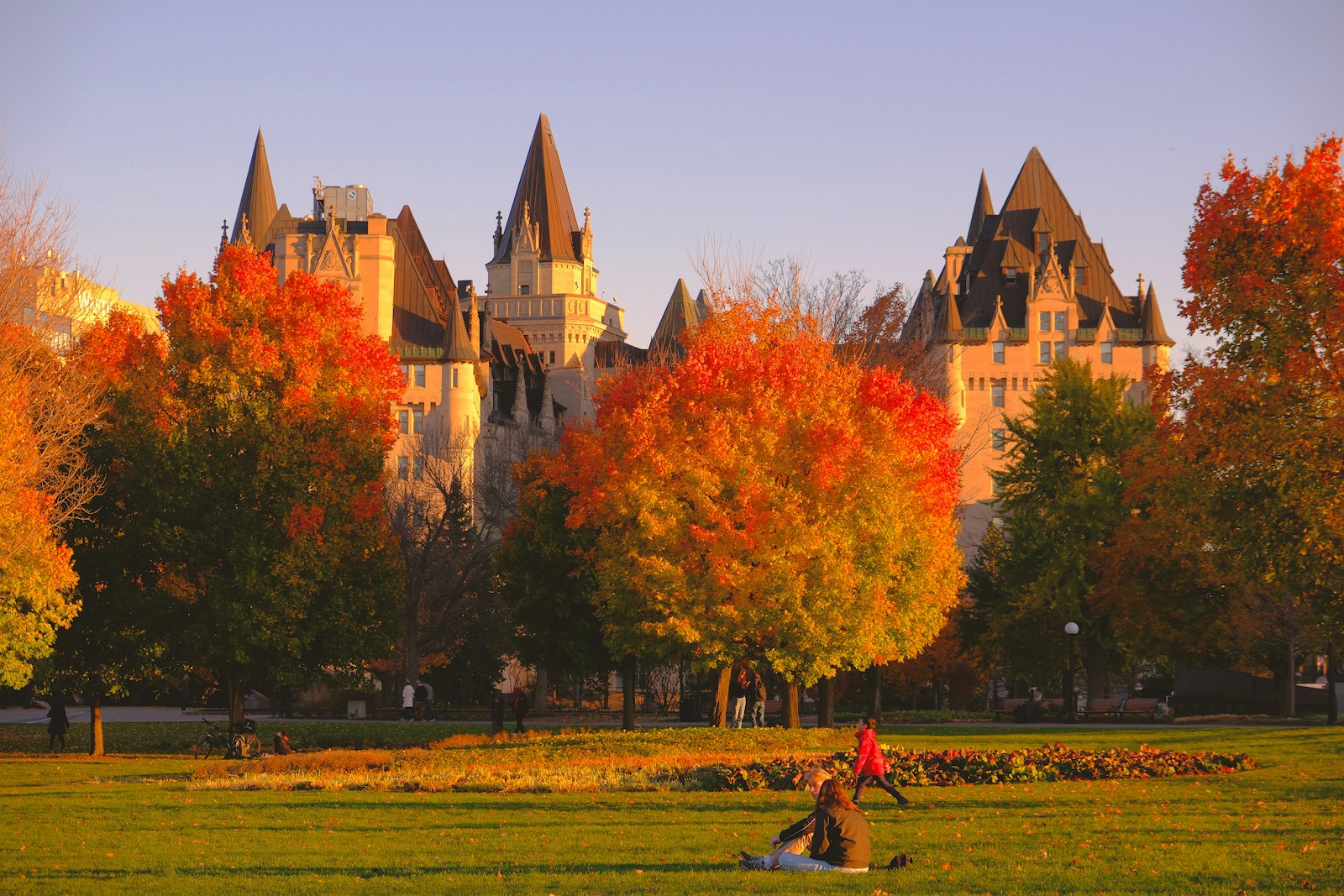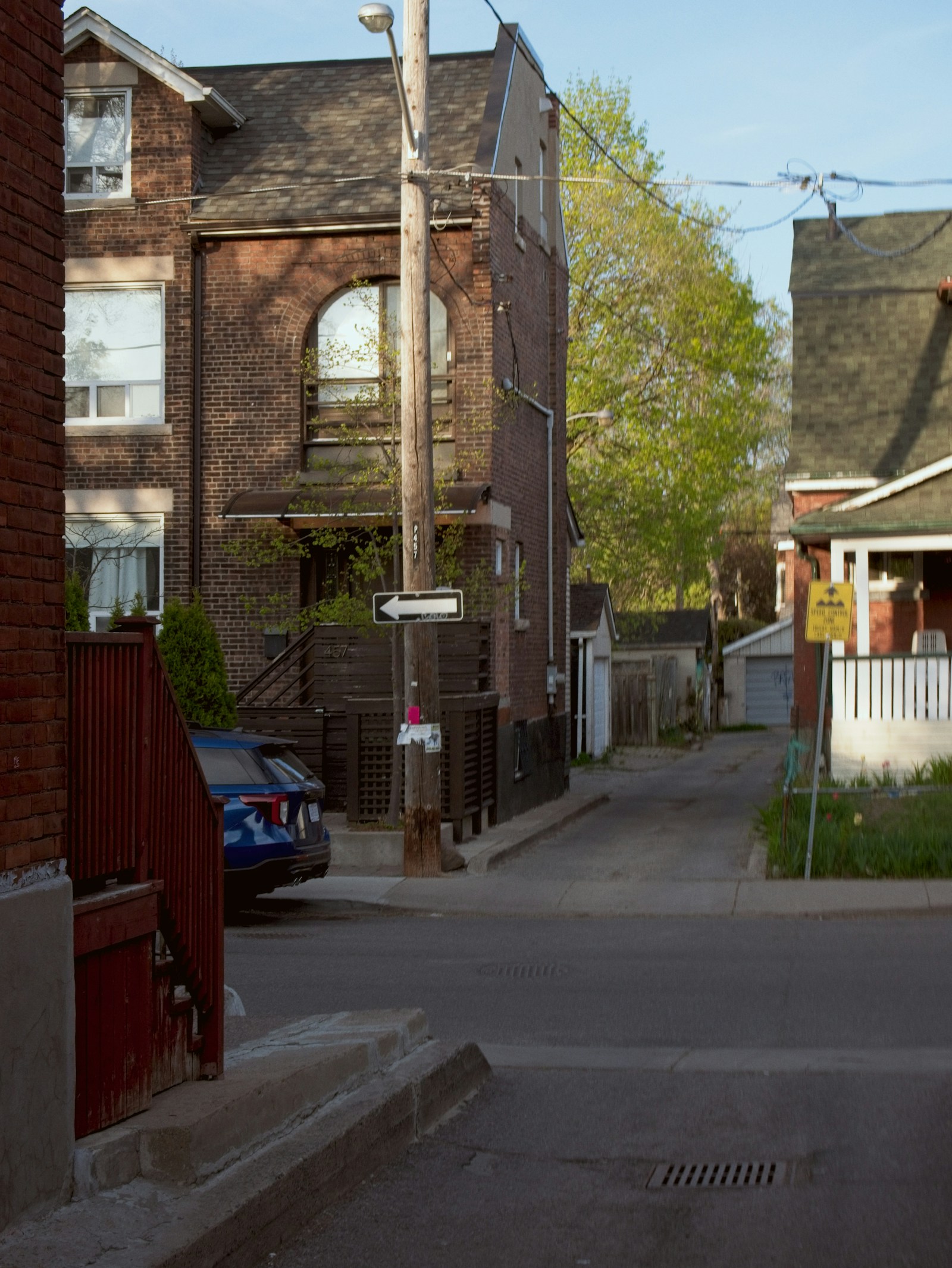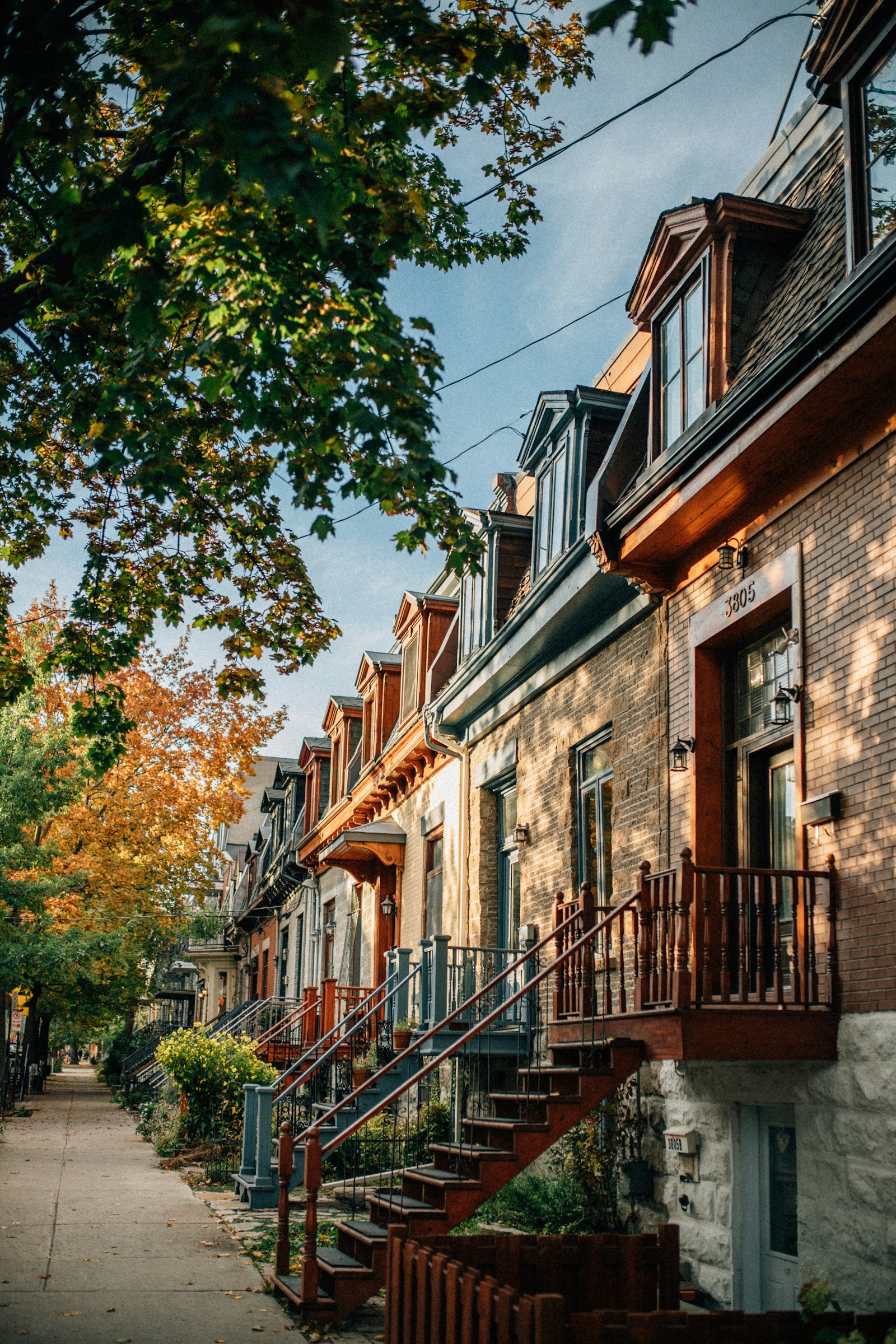Introduction – A Shift in Canada’s Real Estate Mindset
In previous decades, Toronto was the undisputed magnet for young professionals across Canada. But in 2025, a new trend is taking hold: more millennials are ditching the GTA for Ottawa—drawn by a lifestyle that’s balanced, affordable, and future-focused.
This isn’t just about cheaper homes. It’s about values, quality of life, and smart long-term investment. Here’s why Ottawa is becoming the preferred city for millennials looking to buy, settle down, or invest.
💸 1. Affordability That Still Exists
Toronto
Average home price: $1.1M+
Condo price per sq. ft: $1,200+
Huge competition, bidding wars still common
Ottawa
Average home price: $700K–$850K
Condos and townhomes still under $600K in many neighborhoods
First-time buyers can enter the market without maxing out debt
Why It Matters: Millennials are looking for homeownership that doesn't require sacrifice, co-signers, or 30+ year amortizations. Ottawa makes that possible.
🏘️ 2. Space to Live, Not Just Sleep
In Toronto, many young buyers are stuck with 400–600 sq. ft condos. In Ottawa, the same budget often gets you:
A townhome with a backyard
A larger condo with parking and storage
A semi-detached home in an emerging neighborhood
Millennials increasingly value space for pets, remote work, and future kids—and Ottawa delivers it without moving hours outside the city.
🧑💼 3. Career Opportunities Without the Chaos
Ottawa may not have Toronto’s corporate skyscrapers, but it does have steady, high-paying jobs in:
Government and public service
Tech (Shopify, Kanata North, startups)
Health and research sectors
Remote and hybrid roles growing city-wide
Plus, shorter commutes, less burnout, and work-life balance are major reasons why young professionals are choosing Ottawa as a place to grow—not just grind.
🌆 4. Lifestyle That Feels Healthier and More Grounded
| Feature | Toronto | Ottawa |
|---|
| Cost of living | Very high | Moderate, with more housing value |
| Commute times | 45–90 minutes common | 15–35 minutes average |
| Green space access | Less accessible in core | Abundant (Gatineau Park, canals) |
| Noise and density | High | Moderate, more residential calm |
| Community feel | Transient, busy | Neighbourly, stable |
Ottawa gives millennials a chance to build a life, not just survive a lifestyle.
📈 5. Investment Logic That Adds Up
In 2025, real estate is about long-term stability and strategic appreciation, not just flashy condo towers.
Ottawa’s market is steady, with strong fundamentals and lower volatility
The LRT expansion is increasing values along major transit corridors
Neighborhoods like Vanier, Carlington, and Riverside South offer great upside for first-time buyers and landlords
Ottawa’s tenant pool is strong—students, government workers, professionals
For millennials looking to grow wealth through real estate, Ottawa is a smarter, more predictable bet than overleveraging in Toronto.
🚶♂️ 6. Walkable, Livable, and Bike-Friendly
Ottawa is investing heavily in bike infrastructure, urban intensification, and local community development. Millennials moving here love that they can:
Walk to cafés, gyms, and LRT stations
Bike to the office or along the Rideau Canal
Access affordable fitness, nature, and recreation year-round
And you won’t spend 30% of your income just to have a parking spot.
📦 Bonus: Better Work-Life Balance for Remote Workers
Post-pandemic, remote work has stayed—and Ottawa’s slower pace, spacious homes, and quieter neighborhoods make it ideal for digital nomads, creatives, and remote professionals.
You get all the tools for career success without the distractions or price tag of Toronto.
Frequently Asked Questions
Q: Is Ottawa really that much cheaper than Toronto?
Yes—especially when comparing similar quality homes. You’ll get more space, lower mortgage payments, and better rent-to-price ratios.
Q: What’s the vibe like for young people in Ottawa?
It’s calmer than Toronto, but still full of life. There’s great food, music festivals, farmer’s markets, and outdoor events.
Q: Are jobs easy to find in Ottawa?
Yes, especially in public service, tech, health care, and hybrid roles. Bilingualism is a plus, but not always required.
Q: Can I still go to Toronto for the weekend?
Absolutely. It’s just a 4.5-hour drive or a short VIA Rail trip—close enough to visit, far enough to breathe.
Q: Where are millennials buying in Ottawa?
Hot spots include Vanier, Carlington, Alta Vista, Hintonburg, and Beechwood—affordable, central, and full of potential.
Conclusion – Ottawa Is the Smart Millennial Move
Millennials are redefining success—choosing affordable homes, mental wellness, work-life balance, and long-term stability. Ottawa offers all of that—and more. With a growing economy, smart infrastructure, and space to grow, it’s no wonder more young adults are trading in the Toronto grind for the Ottawa upgrade.












